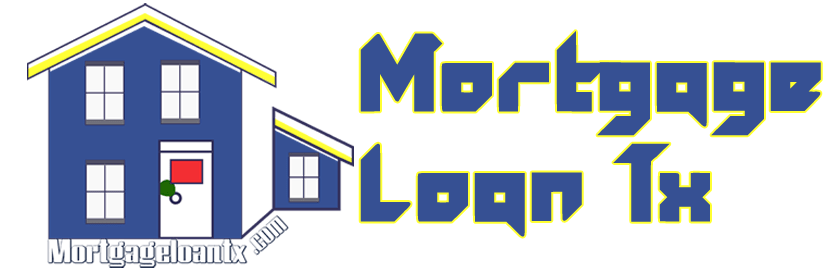Reverse Mortgage Programs
A reverse mortgage or HECM (Home Equity Conversion Mortgage) is an agreement where a homeowner can access the equity in their home as cash from the lender. The payer pays the homeowner the equity in the form of a single lump-sum payment, monthly payments over a specified period, or monthly payments for as long as the homeowner stays in the home.
The basic requirements set by the FHA are that you must be 62 or older, have a home as your primary residence, maintain the property, pay your real estate tax, and maintain your homeowner’s insurance. No more mortgage payments. The lender pays you instead, thus it is made “reverse.”
Some of the best reasons to consider reverse mortgages are to solve long-term problems when you have no plans to leave your home, you are not planning to move, and your wife is 62
Reverse mortgages are not recommended for people who are already financially distressed, as they may lose their home in foreclosure if they fail to comply with the agreement.
We are among the more than a dozen reverse mortgage lenders to combine the top seven for you on the basis of cost, eligibility fluency, nationwide coverage, speed and customer service, reliability, and overall reputation.

PERSONAL NEEDS
- All borrowers on the home’s title should be a minimum of sixty-two years previous (The older you’re, a lot of funds you’ll receive from a Home Equity Conversion Mortgage (HECM) reverse mortgage)
- You should board your home as your primary residence for the lifetime of the reverse mortgage. A domicile or rental property isn’t appropriate.
- You should meet with a Department of Housing and concrete Development (HUD) approved reverse mortgage counselor before applying for a reverse loan. (The aim of the consultation session is to create positive that potential borrowers totally perceive and are comfy with the method and also the loan terms)
- Must be ready to pay householders taxes, insurance, and any applicable HOA fees
